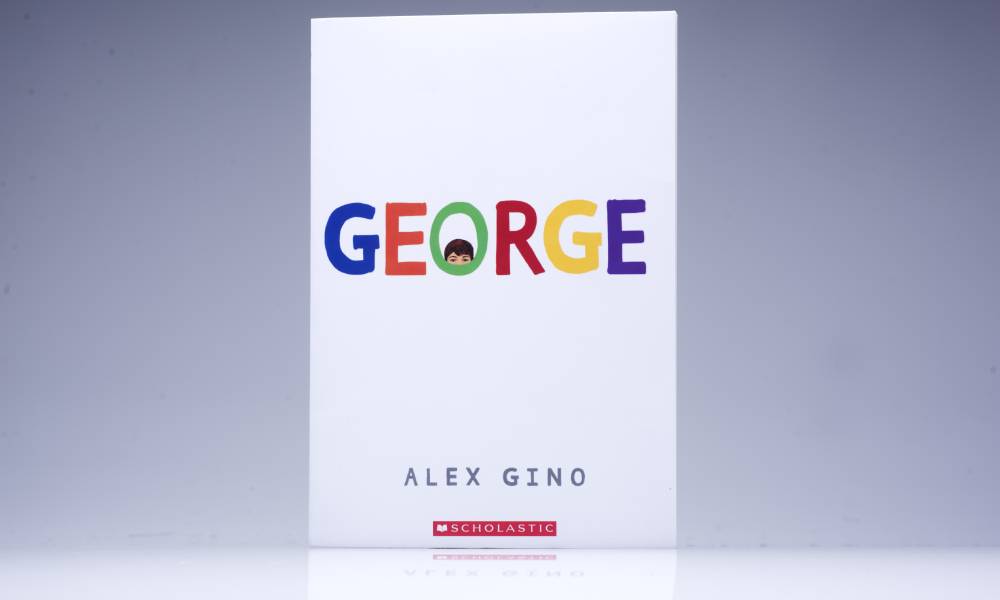America’s most-banned book is a kids’ story about a trans girl – for the third year running

It’s Banned Books Week, and the most-banned book in America is the same LGBT+ book for the third year running. (Pexels)
The most banned book in America is a kids’ novel about a trans girl for the third year running.
The American Library Association’s Office for Intellectual Freedom (OIF) tracks and collates an annual list of the most commonly banned and challenged books at libraries, schools and bookstores in the US, celebrating them each year during Banned Books Week.
In recent years LGBT-themed books have dominated the list, with eight out of 10 books on the 2019 list being censored for queer content.
Surprisingly, the newly-released 2020 list cites just one book “challenged, banned, and restricted for LGBTQIA+ content”.
But, it’s not good news. Rather, it appears censors were more outraged by books addressing America’s ongoing reckoning with racism and police brutality.
Three books in the top ten were challenged for promoting “anti-police views”. A fourth, Stamped: Racism, Antiracism, and You by Ibram X. Kendi and Jason Reynolds, was singled out for its authors’ “public statements” and because it allegedly “does not encompass racism against all people”.
For the third consecutive year in a row, George by Alex Gino has remained the most challenged book in the US. The children’s novel about a young trans girl has been on the top 10 list since 2016, and it has been in the number one slot from 2018 through to 2020.
According to the OIF, the book was “challenged, banned and restricted for LGBTQIA+ content, conflicting with a religious viewpoint” and “not reflecting the ‘values of our community’”.

“George” by Alex Gino has remained the most banned book in the US for three years running, according to the American Library Association’s Office for Intellectual Freedom. (Marvin Joseph/The Washington Post via Getty)
In an interview with Yahoo Life, Gino said that they don’t see being the most banned author in the US for three years running as a badge of honour.
“I think something that people see from the outside is like: ‘Oh, you’re doing the thing that’s p***ing people off! Oh, look at you! How cool that is!'”
“That might be cool if it’s not your identity that’s what’s at stake. Right?”
They continued: “Like, if a person in a place of privilege, let’s say a white cisgender woman, writes about a sexual encounter that they enjoy, and it gets banned or challenged, that’s about what society thinks about that action.
“Just simply someone who is transgender – they’re not doing anything, they just are transgender – and that book gets banned? That is my existence being so scary and so reprehensible and so monstrous that I cannot be shown to children.”
Many of the books on the top 10 list reflected the history-defining moments from the last year with a heavy focus on racism and anti-racist perspectives.
Two books co-authored by Jason Reynolds – Stamped: Racism, Antiracism and You and All American Boys (with Brendan Kiely)– are numbers two and three on the list.
The OIF said people claimed the first book was banned and challenged because of “claims that the book contains ‘selective storytelling incidents’” and doesn’t “encompass racism against all people”.
It reported All American Boys was challenged “because it was thought to promote anti-police views, contain divisive topics” and was “too much of a sensitive matter right now”.
Other books targeted for “anti-police” messages including Angie Thomas’ The Hate U Give and Something Happened in Our Town: A Child’s Story about Racial Injustice by Marianne Celano, Marietta Collins, and Ann Hazzard, illustrated by Jennifer Zivoi
The OIF tracked 156 total challenges to library, school and university materials and services last year.
The list of the books that were banned, challenged or restricted included some usual suspects that focus on LGBT+ narratives. This includes Jazz Jennings’ I am Jazz, gay fairytale Price & Knight and A Day in the Life of Marlon Bundo which features a gay rabbit.
The American Library Association’s “State of America’s Libraries Report 2021” detailed the reasons why these books were targeted. A word cloud in the report revealed “LGBTQIA+”, “glorifying gay marriage” and “brainwash children” were all “reasons for challenges” but did not specify which books received these challenges.

